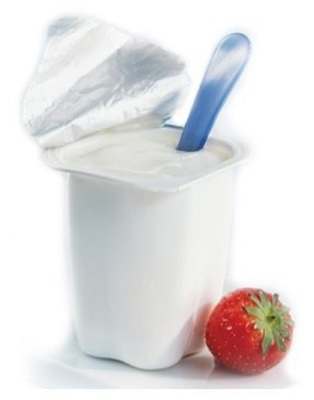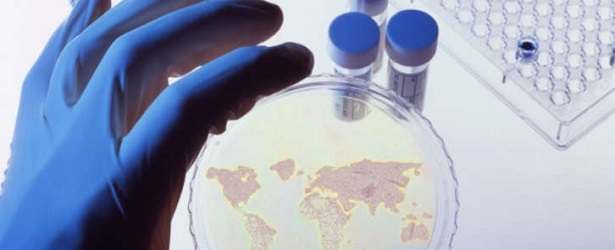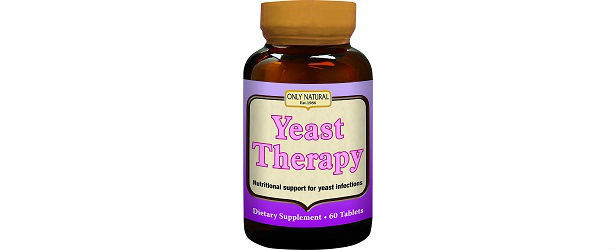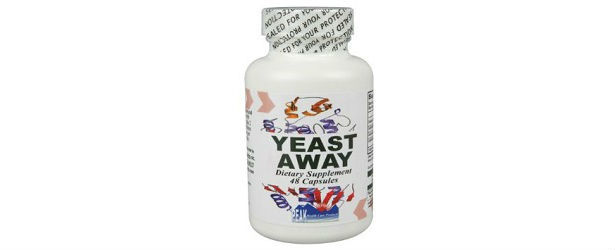
Pregnancy and Yeast Infections
Yeast infections found in the vaginal area of pregnant women is common. According to examinations and diagnoses of infected pregnant women, the yeast infection occurs due to an increased number of candida specie in the female genital area. Such an increase obviously causes the uncomfortable effects such as itchiness and skin inflammation.
 Pregnant women have several changes in the body, both internally and externally. The first major change happens from the inside as the body’s metabolism and production of hormones changes and becomes imbalanced during conception and even after giving birth. These internal changes, especially in the production of hormones, can definitely affect the level of body acidity. This acidity usually appears on the skin, especially on the least exposed body parts such as the lower back, feet, armpit, genital area (vagina), ears, and mouth. When the yeast infection is already present, it is normal to feel itchiness, and sometimes some burning and pain in the genital area.
Pregnant women have several changes in the body, both internally and externally. The first major change happens from the inside as the body’s metabolism and production of hormones changes and becomes imbalanced during conception and even after giving birth. These internal changes, especially in the production of hormones, can definitely affect the level of body acidity. This acidity usually appears on the skin, especially on the least exposed body parts such as the lower back, feet, armpit, genital area (vagina), ears, and mouth. When the yeast infection is already present, it is normal to feel itchiness, and sometimes some burning and pain in the genital area.
In severe cases, there may be even a discharge with cheese-like or milky characteristics that has an unpleasant odor.
It Is Also Common To People With Diabetes
Yeast infection is also common for those suffering from abnormally high levels of glucose in the blood (diabetes). It is appropriate to compare diabetes to pregnancy since pregnant women usually have a high glucose level in the vaginal area, due to changes in hormone production. High glucose levels favor a yeast making environment, an easy and quick breeding ground for candida. Also, pregnant women may develop the specific type of diabetes known as gestational diabetes. This can only happen to pregnant women.
Though very common, consult a doctor or gynecologist to get some tests and confirm a proper diagnosis before going for any treatments. Keep in mind that self medication is strongly discouraged since the condition may worsen. This is especially so for pregnant women because there other infections may have similar symptoms to yeast overgrowth yet would definitely require specific treatments.
After the doctor gives a thorough examination and proper diagnosis, the next thing is prescribed medication. Since pregnant women are discouraged to take too much medication because it may affect the child or the entire pregnancy, most doctors commonly recommend simple antifungal or anti yeast infection creams as well vaginalettes.
The treatment usually lasts not more than one or two weeks and there are times wherein women may have to sub-medicate with nystatin powder to eliminate the risk of yeast infection reoccurrences.
Because pregnant women are prone to yeast infections and/or candidiasis, especially in the reproductive area or vagina, they should know important things that will help them prevent or treat the infection. Some simple things that women can do to prevent infection are wearing loose clothes, especially underwear made from cotton, to allow air circulation and proper hygiene to the genital area. Wipe the genital area clean, especially the front and back parts, to ensure cleanliness. Avoid feminine washes high in alcohol or scented to keep the natural and required acid level on the skin.
Yogurt Can Help
Add yogurt to the daily diet to make your body stronger and more equipped when it comes to eliminating the risk of yeast overgrowth and increasing prebiotics in the body and/or lactobacillus acidophilus. Reduce the intake of glucose or sugar rich food and drinks to keep the sugar level in the body stable and acceptably low; this retards yeast growth. Consult a doctor immediately if you ever feel or observe yeast infection-like symptoms to get the right diagnosis and best treatments that resolve the problem.
TOP 5
YEAST INFECTIONTreatments |
|||||
| YeastClear | Candida Gone | Vagi-Soothe | CandiGONE | Yeastrol | |
|---|---|---|---|---|---|
| 1 | 2 | 3 | 4 | 5 | |
| Price (1 bottle) Price (6 bottles) Best Value |
$49.95 $139.70 |
$39.95 $239.70 |
$39.95 $239.70 |
$34.19 $295.14 |
$29.95 $179.70 |
| Overall Rating | 99.3% | 77% | 72.5% | 63.2% | 61.5% |
| Performance* |





|





|





|





|





|
| Speed of Results* | Extremely Fast | Good | Average | Slow | Slow |
| Quality of Ingredients | Premium | Good | Average | Average | Average |
| Customer Satisfaction Evaluation | 99.4% | 76.5% | 74.2% | 67.1% | 60.5% |
| Safety Evaluation | Safe for Use | Safe for Use | Safe for Use | Safe for Use | Safe for Use |
| Customer Service Rating |





|





|





|





|





|
| Reorder Rate | Highest | Good | Good | Average | Average |
| Return Policy | Risk Free | Unopened | Good | Risk Free | Unopened |
| Success Rate | 99.6% | 78.3% | 74% | 71.1% | 68.5% |

 Subscribe Now
Subscribe Now











